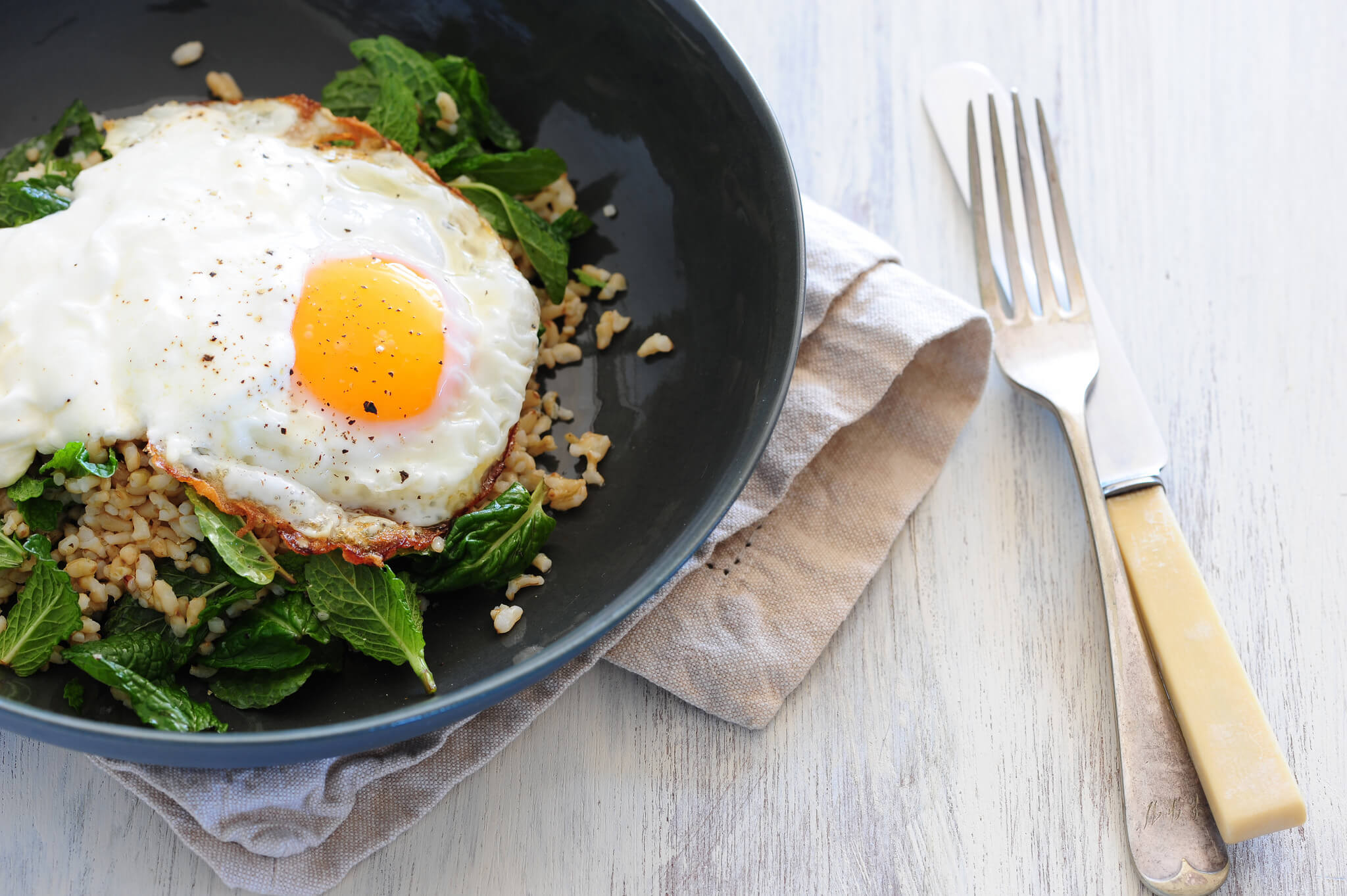
Decoding egg carton labels
Shopping for eggs can be confusing when cartons are plastered with marketing jargon. Cage-free? Organic? Brown or white? We have decoded egg carton labels for you and have compiled some tips on what really matters and what doesn't, when it comes to buying eggs.
The label: Conventional eggs (Grade AA, A, B)
What it means: The U.S. Department of Agriculture has a rating system for eggs that is based on quality factors including freshness, defects and shell attributes. Eggs are given grades:
- Grade AA have thick, firm whites and are best for frying
- Grade A are similar to AA eggs, except the whites are slightly less firm
- Grade B usually have thinner whites and are ideal for omelettes and cake mixes
These are eggs originate from “commercially farmed” chickens that are typically housed in dark, enclosed spaces with no access to the outdoors. The label: Cage-free What it means: Cage-free eggs are laid by hens that are free to roam in an open space. This term is deceiving because they are not completely free-roaming hens - the "open space" is typically inside a barn or poultry house without access to the outdoors. Organic and regular hens can be cage-free. The label: Free-Range What it means: Free-range eggs are one step up from cage-free eggs. The hens have access to the outdoors, though the duration or quality of time spent outdoors is unclear. These are better than regular eggs because of the superior treatment of the animal. The label: Certified organic What it means: USDA organic certified eggs means the hens receive organic feed that does not contain toxic pesticides or herbicides. These hens are never caged and must have access to the outdoors (free-range). The label: Omega-3 enriched What it means: Omega-3 enriched eggs come from hens whose feed is enriched with healthy fatty acids, typically in the form of flaxseed. If your diet contains oily fish (such as salmon, trout and sardines) or you take fish-oil supplements, consuming Omega-3 enriched eggs may not have a huge impact on your diet. The label: Pasture-raised What it means: Pasture-raised eggs are laid by hens that are free to roam on fresh pasture. Their diet is organic. The colour of the egg yolk will be bright orange, in comparison to egg yolks from caged hens that tend to be dull and pale yellow. You can find these at a Farmer's market or your local farmer.
 Jules
JulesTips:
- Terms such as "Natural" or "hormone-free" shouldn't be a determining factor in your decision making. According to the USDA, these term mean that nothing was added to the egg. All eggs satisfy this criteria
- Colour: Eggs typically come in brown or white. The difference in colour is due to the breed of the chicken. A brown egg is no healthier than a white egg - there is no difference in nutritional benefits
- General rule of thumb: the more expensive the egg, the better quality it is
- Choose organic eggs if you eat eggs regularly
- When it comes to size, Extra Large, Large and Medium are commonly found in stores. Larger sized eggs will contain more protein
- For further reading, see the University of Berkeley's Supermarket Buying Guide on eggs
